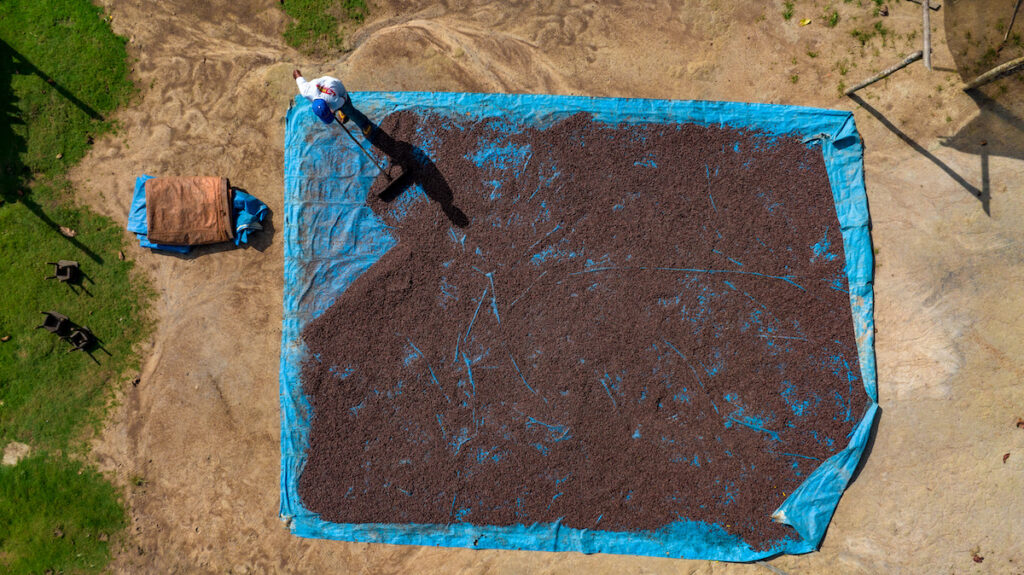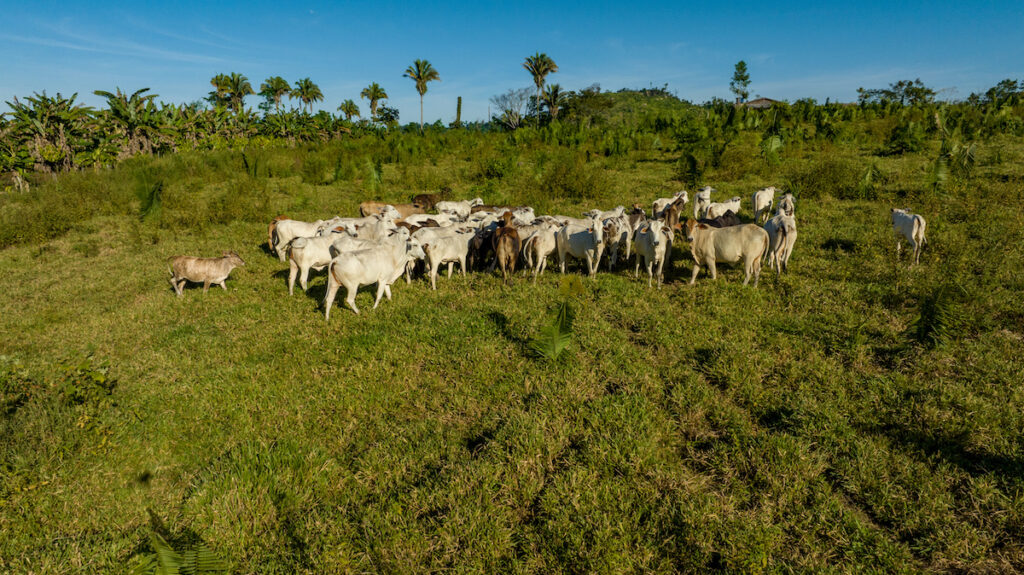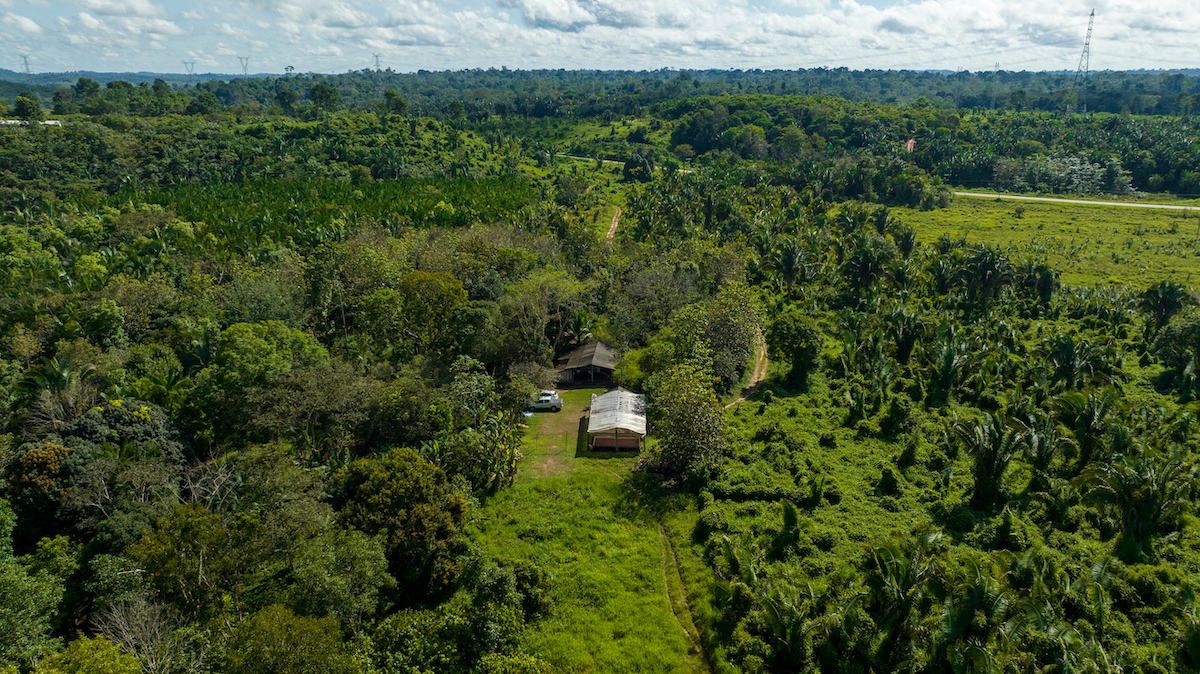For years, Brazil has sought to promote environmentally-friendly practices in agriculture, especially near the Amazon region. The Rural Environmental Registry (CAR), which became mandatory with the 2016 update of the nation’s Forest Code, is a critical tool for monitoring and verifying practices.
CAR aims to unify the environmental data from all properties around the country, which gives authorities a foundation for improving, promoting and monitoring natural vegetation conservation. For farmers, registration with CAR is required to access rural credit on beneficial terms.

Yet, according to a Climate Policy Initiative study, the registry has proven to be an obstacle to conservation efforts as many farmers lack the resources to work through the required paperwork and as a result do not register.
Now Solidaridad has partnered with the Embassy of the Kingdom of the Netherlands in Brazil, and animal nutrition multinational Agrifirm to facilitate and speed up CAR registration. Solidaridad will work with families to organize their farm data, and develop plans to recover natural vegetation areas, when necessary. Agrifirm will support farmers creating sustainable business models that ensure that the restoration and conservation of their forest is economically viable.
“This project is set to allow family farmers to complete their environmental regularization by avoiding deforestation and restoring biodiversity in their farms. We want smallholder farmers to increase their productivity and income with less carbon emissions, making them more resilient and sustainable,” says Rodrigo Castro, Country Manager of Solidaridad in Brazil.
The three organizations will begin work with an initial pilot with 40 small properties in the municipalities of Novo Repartimento, Anapu and Pacajá, with help of the Pará State Secretariat of Environment and Sustainability (SEMAS-PA). The expectation is to create a sustainable origin for cattle and cocoa that attracts new investment and incentivizes further CAR compliance among producers. If this pilot is successful there is potential to reach another 3,000 producers.
“We are very happy to support Solidaridad and to see collaboration with Agrifirm in this innovative initiative of sustainable agriculture in the Amazon region, combining commercial production, nature preservation and social inclusion with a Dutch touch,” says the Agricultural Counselor of the Embassy of the Kingdom of the Netherlands, Paul van de Logt.


